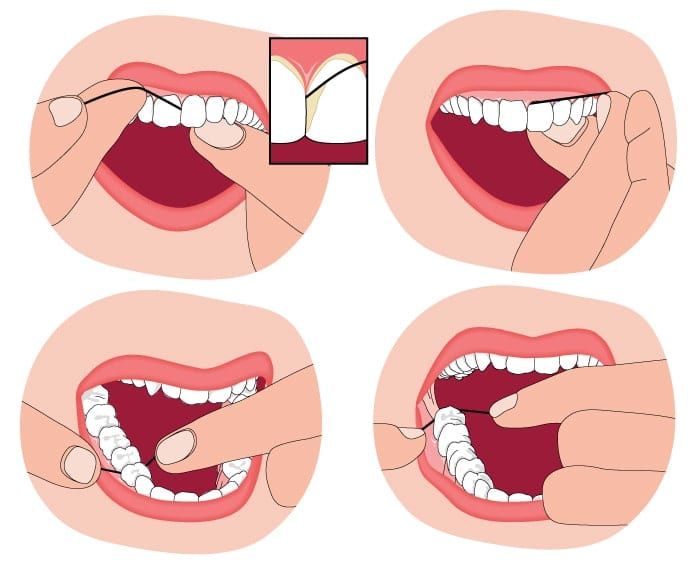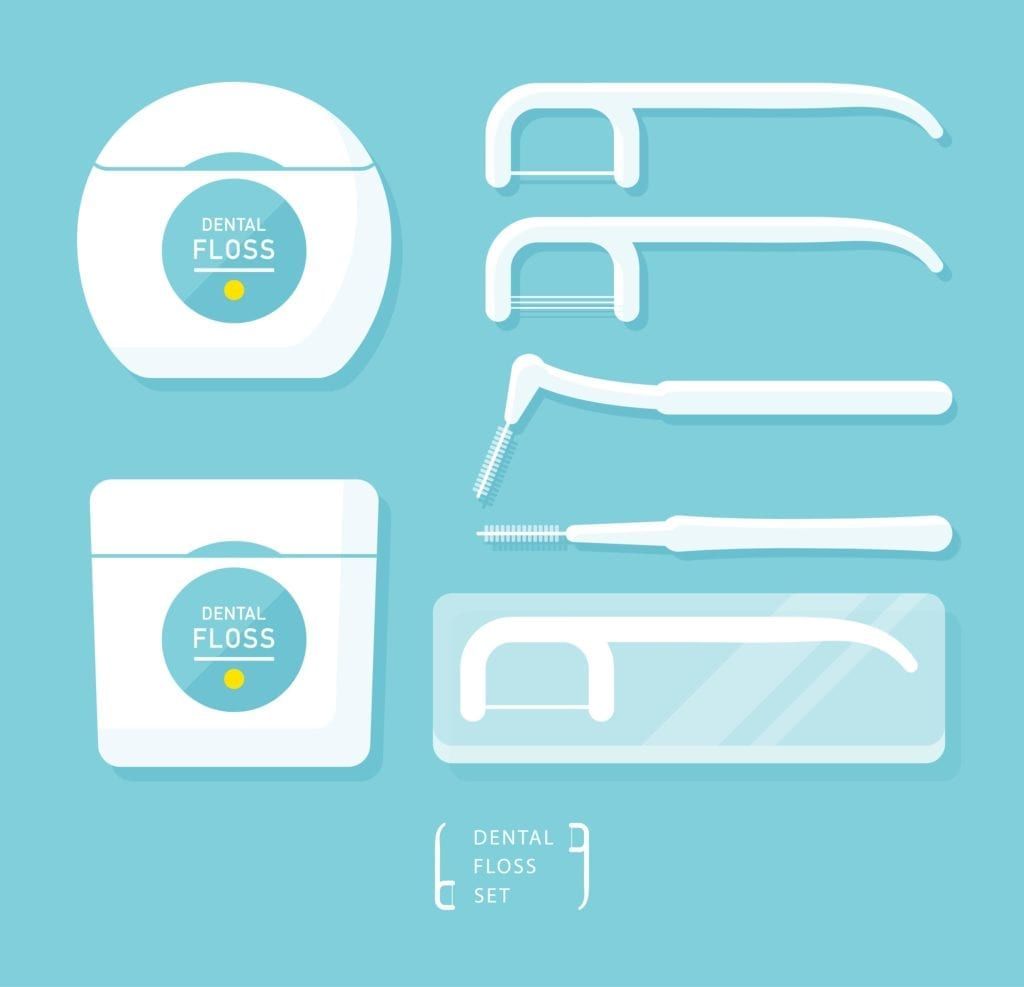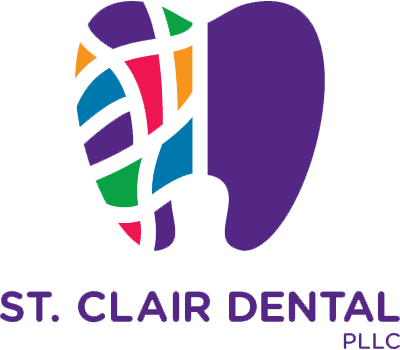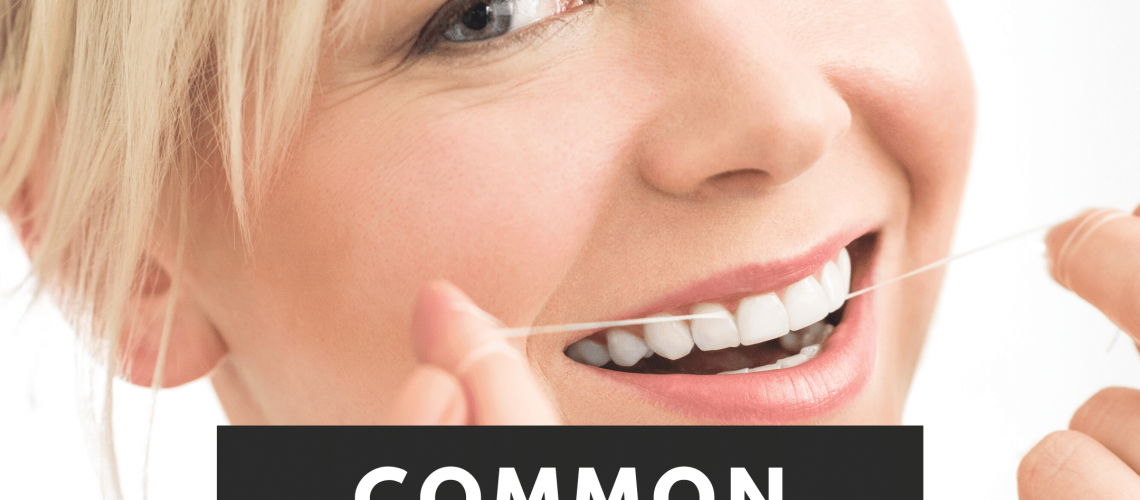Did you know that there is a right way and a wrong way to floss? Like most actions, flossing is a technique that must be performed a certain way to obtain certain results. The benefits of flossing correctly include a decreased risk of tooth decay and gum disease, as well as a beautiful, healthy smile. However, making certain mistakes while flossing can decrease its effectiveness and minimize some of these benefits. Therefore, it is important to be aware of these mistakes so that you can improve your flossing routine. Here are some of the most common mistakes people make while flossing:
Not Flossing
Unfortunately, one of the most common flossing mistakes is simply not flossing. Studies indicate that only one-third of Americans floss daily, while the rest only floss occasionally or not at all. Since brushing your teeth only cleans about 60% of your tooth’s surface, not flossing means that the remaining 40% still has bacteria and plaque buildup. This is one reason why cavities are so common along the gum line and in between teeth since these areas are often neglected due to not flossing.

Missing Places
Even if you floss everyday, you will still need to be sure that you are flossing in all the right places. Skipping certain areas, even by accident, can allow bacteria and plaque to accumulate and increase the risk of both tooth decay and gum disease. Some of the most common places that people forget while flossing are the sides of their teeth, along the inner gum line, and behind the last molars. Next time you floss, make sure you are flossing in all these areas.
Irritating the Gums
As you floss, it is also important to avoid irritating your gums. Snapping the floss against your gums, pressing the floss strand into your gums, and flossing too many times a day are all behaviors that can cause gum irritation while flossing. When the gums become irritated, they are more likely to recede and develop gum disease. To prevent this from happening, you will need to be gentle with your floss and avoid contact with your gums as much as possible. One way to accomplish this is to start at the gum line and move your floss away from the gums. Additionally, you will only want to floss once a day because excess flossing can also cause irritation.
Flossing at the Wrong Time
Did you know that there actually is an ideal time to floss? The best time to floss your teeth is before you brush and go to bed. This is because flossing before you brush removes excess debris and allows the fluoride in toothpaste to coat more of your tooth’s surface, while flossing before bed ensures you go to bed with a clean mouth. This is important because saliva production decreases as you sleep, which means bacteria can cause more damage to your teeth. Therefore, decreasing the amount of bacteria in your mouth helps to minimize the damage and protect your teeth.

Not Using the Right Floss
Not many people realize that there are different types of dental floss that can be used to address multiple flossing concerns. For example, some types of floss work are specifically made for teeth with gaps between them, while others are better suited for teeth that are really close together. There are even different tools available to use with floss for those that may struggle to reach in the back of their mouth. Ultimately, finding the best type of floss for your dental needs is an important step in maximizing your flossing routine. If you are not sure what type of floss to use, try asking your dentist at your next appointment.

Maureen Karl, DDS, FAGD graduated in 2004, obtaining her DDS degree from the University of Buffalo School of Dental Medicine. She completed a general dentistry Residency at the Castle Point VA. This residency provided her with continued training in general dentistry including extractions, crowns, root canals, and the treatment of periodontal disease. Dr. Karl is a member of the Fort Worth District Dental Society, Academy of General Dentistry, and the American Dental Association. She is committed to furthering her education to better serve her patients.

